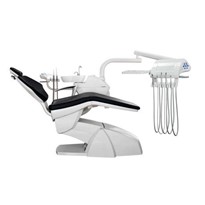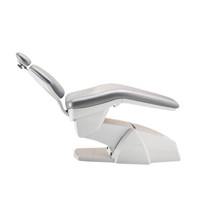Challenges Of Treating Special Needs Patients
Treating special needs patients can be challenging for dental professionals due to the unique needs and requirements of each patient. The challenges faced may vary depending on the severity of the patient's condition, their age, and their ability to communicate. Some of the common challenges of treating special needs patients include communication barriers, behavioural issues, physical limitations, and medical complications.
Communication barriers can arise due to speech and language difficulties or hearing impairments. This can make it difficult for the dentist to understand the patient's concerns and for the patient to understand the treatment plan. Behavioural issues such as anxiety, fear, and resistance to treatment can also pose a challenge.
Patients with physical limitations such as movement disorders, paralysis, or sensory processing disorders may require special equipment and modifications to the dental chair and environment to accommodate their needs. Medical complications such as seizure disorders or heart conditions may require careful monitoring during dental procedures.
Dental professionals need to be aware of these challenges and have the training and skills necessary to provide safe and effective treatment to special needs patients. They must also be able to adapt their approach to meet the individual needs of each patient to ensure their comfort and well-being.
Features Of Dental Chairs For Special Needs Patients
Dental chairs for special needs patients are designed with several features that cater to their specific needs. These chairs help to create a more comfortable and safe environment for patients with various disabilities. Here are some of the features that are commonly found in dental chairs for special needs patients:
-
Adjustable height: Dental chairs can be adjusted to accommodate patients of different heights, including those who use wheelchairs or have difficulty standing up.
-
Wide seating: A wider seating area is beneficial for patients with limited mobility, allowing them to sit comfortably without feeling cramped.
-
Safety restraints: Dental chairs for special needs patients often come with safety restraints to prevent patients from falling or slipping out of the chair during treatment.
-
Specialised headrests: Specialised headrests can be used to support patients' heads and necks during treatment, ensuring that they are in a comfortable and safe position.
-
Easy access: Chairs designed for special needs patients typically have a low profile, making it easier for patients to get in and out of the chair without assistance.
-
Armrests: Armrests on dental chairs can provide additional support for patients who require it, allowing them to rest their arms comfortably during treatment.
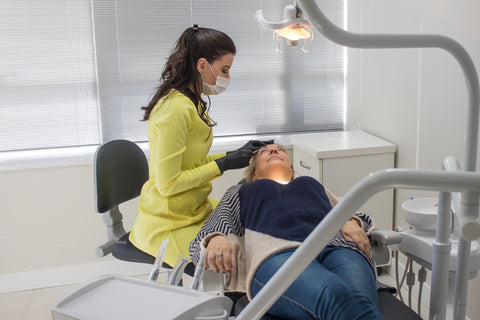
Benefits Of Dental Chairs For Special Needs Patients
Dental chairs for special needs patients are designed to provide maximum comfort and support during dental treatment. Here are some of the benefits of using dental chairs for special needs patients:
- Improved Patient Comfort: Dental chairs for special needs patients offer a wide range of positioning options, allowing patients to sit or lie down comfortably during treatment. This helps to reduce anxiety and discomfort and promotes a more relaxed and positive dental experience.
- Increased Access: Many dental chairs for special needs patients have adjustable height settings, making it easier for patients to get in and out of the chair. This is particularly important for patients with mobility issues or who use wheelchairs.
- Better Treatment Outcomes: Dental chairs for special needs patients often come equipped with features that enable dentists to provide better treatment outcomes. For example, some chairs have integrated lights and cameras that allow dentists to better see and treat the patient's teeth.
- Greater Safety: Dental chairs for special needs patients often come with safety features such as seat belts and headrests, which help to keep the patient stable and secure during treatment.
- Easier Maintenance: Dental chairs for special needs patients are often designed with easy-to-clean materials and surfaces, making it easier for dental staff to maintain proper hygiene and infection control standards.
Considerations For Selecting Dental Chairs For Special Needs Patients
When selecting dental chairs for special needs patients, it's important to consider several factors to ensure that the chair can accommodate their specific needs. Here are some key considerations to keep in mind:
- Patient mobility: Consider the level of mobility of the patient and choose a dental chair that can easily accommodate them. Some patients may require a chair with a lower height, while others may require a chair with a higher weight capacity.
- Safety features: Look for chairs with built-in safety features, such as armrests, seat belts, and headrests, to keep the patient secure and comfortable during treatment.
- Customisability: Select a chair that can be easily customised to fit the unique needs of each patient. This may include adjustable armrests, headrests, and footrests.
- Accessibility: Ensure that the chair provides easy access for both the patient and the dentist, with features such as a swivelling base, adjustable backrest, and retractable footrest.
- Comfort: Choose a chair that is comfortable for the patient, with features such as memory foam padding, adjustable lumbar support, and temperature control.







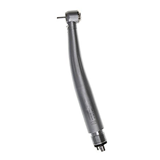
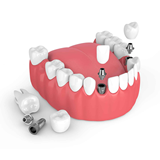


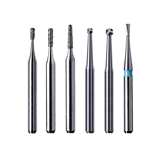
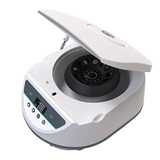
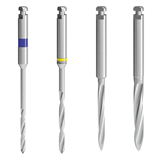

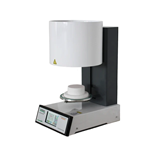

-205x205.jpg)










